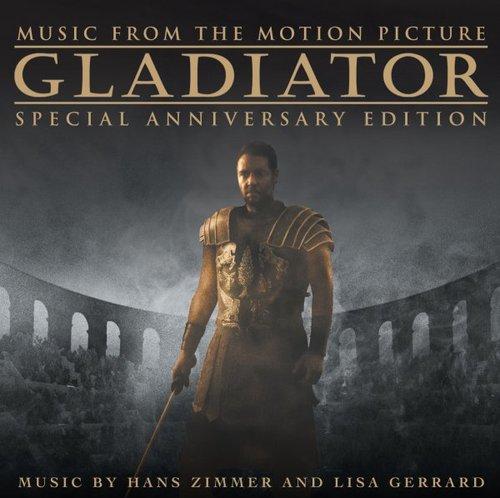

Q: What were some of your first musical concepts when you began working on the film?įrank Ilfman: I wrote a number of musical suites prior to filming, because they wanted to play some of the music for the actors while they were shooting. It was more trying to get the music to be a psychological element when it came to the scarier parts. So the idea of the music was to lead the audience in a certain direction, almost to the edge, and then let them drop into the silence and let their minds do the rest.
The play, as I mentioned, no music, it just had effects, but a lot of it was based on silence and that’s something we tried to concede during the scary moments of the movie. We needed to keep that kind of emptiness going, or to use the silence as they had in the play. There’s a twist at the end, so we wanted the music to emphasize the scares, but not have the audience anticipate them. And then we wanted to somehow capture the essence of what the play gave without being too mainstream or too corny about the scares. That’s very British on one side, but still universal.
#Generique france culture hans zimmer series
It’s not really a horror film, it’s more like a supernatural mystery movie, and we wanted it to have that essence of the British movies or TV series from the ‘60s and ‘70s, like THE WICKER MAN or TALES OF THE UNEXPECTED, and THE ARMCHAIR THRILLER, those kinds of things.

It’s only three stories from the play that were used. When we got to the film, obviously, some of it had changed. The play had a really special essence about it. But it left like a very big impression of how they constructed all of the elements of sound during the emotional bits and then the scary bits. It didn’t have any music or anything like that. I went to see the play with Andy about four or five years ago and it just had sound design. I understand the filmmakers wanted to maintain somewhat the tone of the play and yet expand it a little more musically.įrank Ilfman: Yeah. Q: GHOST STORIES is an anthology film, based on a play that didn’t have music. He worked on his first television production, when he was just 17 years old, with composer Jan Hammer on the acclaimed television series THE CHANCER, starring Clive Owen, and since then has scored more than forty films and numerous television shows.Īmong his most acclaimed scores is the 2017 horror-drama GHOST STORIES, which was nominated for best score at this year’s Music + Sound Awards, and which comes to Blu-ray and DVD on Sept 4th. A visit to the film’s recording sessions made Ilfman fall deeper in love with the art of film music and commit fully to his ambition. In 1984, during a visit to Berlin, Ilfman got introduced to German composer Klaus Doldinger, who happened to be scoring THE NEVERENDING STORY at that time. However, the tenacious young composer became frustrated and bored with the structured methods of the Conservatorium and was eventually asked to leave for playing truant – Ilfman wanted to be more imaginative with how he created music, so went it alone. He studied trombone and piano at the Jaffa Conservatorium of Music in Tel Aviv and as a young teenager was playing lead trombone with the Tel Aviv Dixieland Band. With an unwavering desire to achieve his goal, Ilfman has successfully dedicated himself to performing and understanding music. From the moment an eight-year-old Frank Ilfman was given Ennio Morricone’s soundtrack to THE GOOD, THE BAD AND THE UGLY, the seed was sown – the ambitious, budding musician had his heart set on a career in film music.


 0 kommentar(er)
0 kommentar(er)
